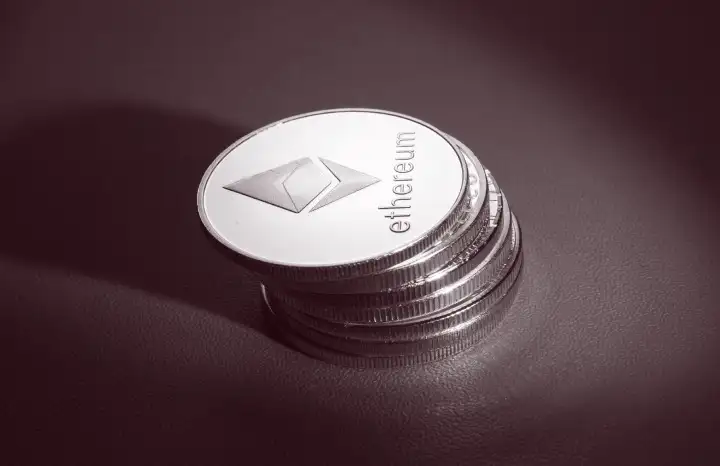According to Mathias Schütz, SEBA Bank’s Head of Technology & Client Solutions, “The launch of our Ethereum staking services will enable institutional investors to play a key role in securing the future of the network, via a trusted, secure and fully regulated counterparty.”
Switzerland’s SEBA Bank integrated support for Ethereum staking just a few days before the much-anticipated Ethereum Merge goes live. This makes SEBA one of the several platforms that have begun adding support for Ethereum staking, with Binance being the most recent example.
𝗦𝗘𝗕𝗔 𝗕𝗮𝗻𝗸 𝗹𝗮𝘂𝗻𝗰𝗵𝗲𝗱 𝗘𝘁𝗵𝗲𝗿𝗲𝘂𝗺 𝘀𝘁𝗮𝗸𝗶𝗻𝗴 𝘀𝗲𝗿𝘃𝗶𝗰𝗲𝘀, 𝗮𝗻 𝗶𝗻𝘀𝘁𝗶𝘁𝘂𝘁𝗶𝗼𝗻𝗮𝗹-𝗴𝗿𝗮𝗱𝗲 𝗼𝗳𝗳𝗲𝗿𝗶𝗻𝗴 𝗲𝗻𝗮𝗯𝗹𝗶𝗻𝗴 𝗰𝗹𝗶𝗲𝗻𝘁𝘀 𝘁𝗼 𝗲𝗮𝗿𝗻 𝘀𝘁𝗮𝗸𝗶𝗻𝗴 𝗿𝗲𝘄𝗮𝗿𝗱𝘀 𝗼𝗻 𝗘𝘁𝗵𝗲𝗿𝗲𝘂𝗺 https://t.co/oTe357crCo pic.twitter.com/h96uBAZXv2
— SEBA Bank AG (@WeAreSEBA) September 7, 2022
SEBA claims the platform added Ethereum staking to meet the growing demand for digital asset yield, crypto staking, and other DeFi services. The official report released by SEBA bank states that the new staking product will allow institutional clients to earn monthly rewards with adjustable lock-ups and a cost-effective fee structure once Ethereum shifts from a Proof-of-Work (PoW) to a Proof-of-Stake (PoS) consensus mechanism.
Mathias Schütz added,
“By launching support for Ethereum staking we continue to deliver our clients the cutting-edge technology that they need to stay apace with the rapidly evolving digital assets industry.”
Besides Ethereum, SEBA currently provides support for staking Cardano (ADA), Tezos (XTZ), and Polkadot (DOT).
Moreover, SEBA assures that users’ staked assets will be secured by “an institutional-grade custody solution” in addition to a regulatory environment that provides features such as insurance and deposit protection.
We’re glad you read to this point!
Every week, we publish an email newsletter highlighting all the juicy stories we covered in the crypto space, bringing all the major happenings to your doorstep.
So, if you want to have top stories delivered to your email inbox every week, subscribe to our newsletter!








